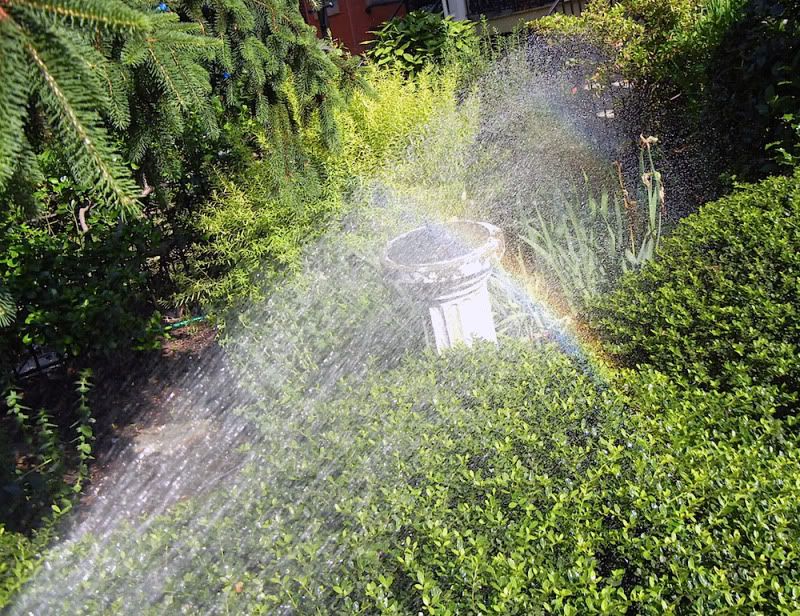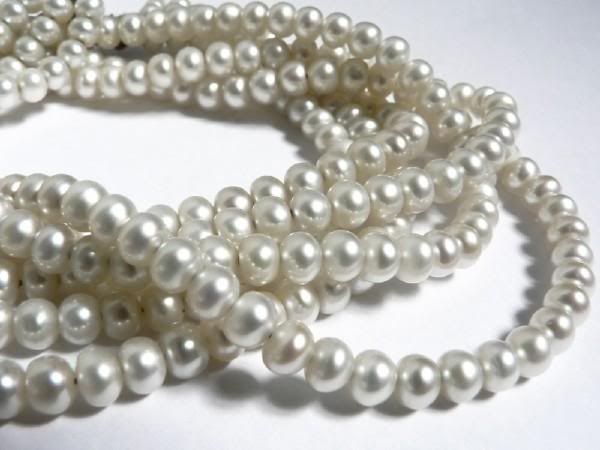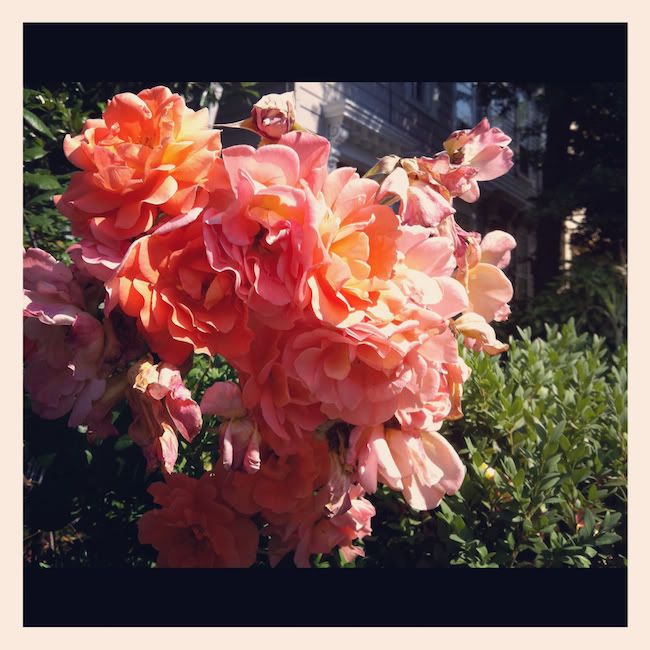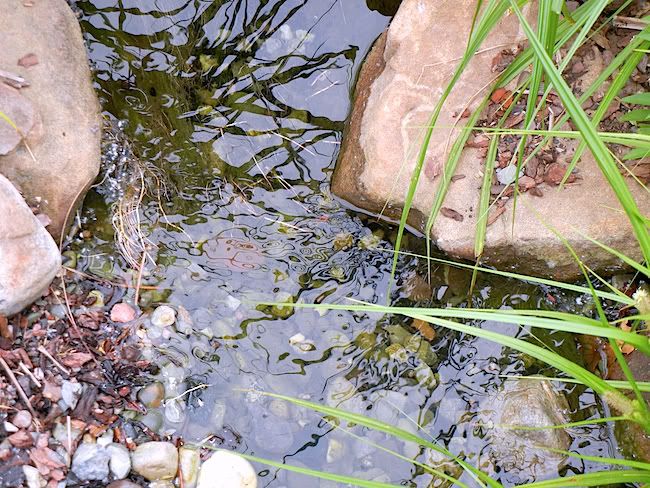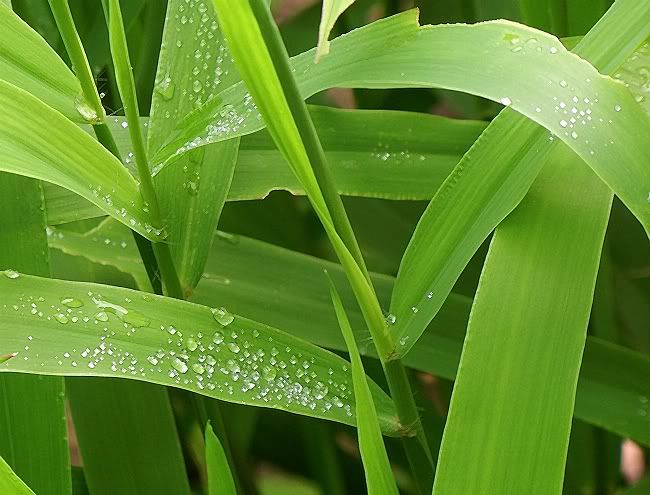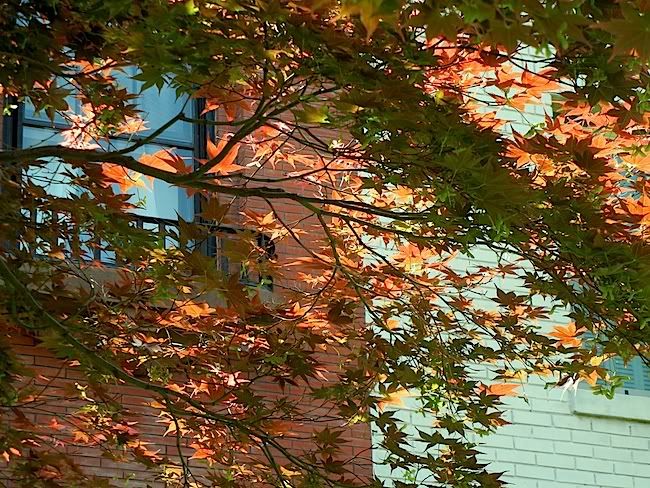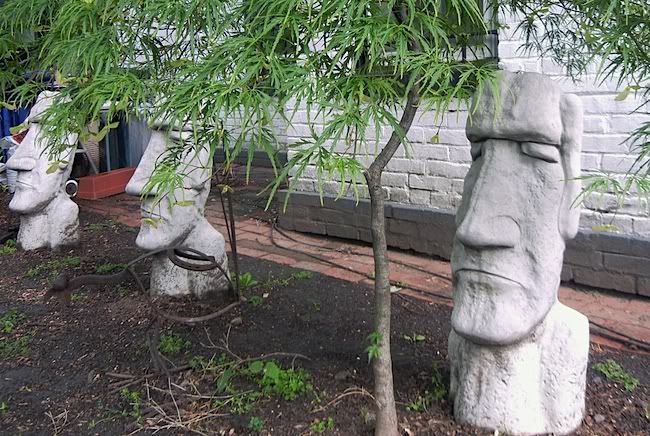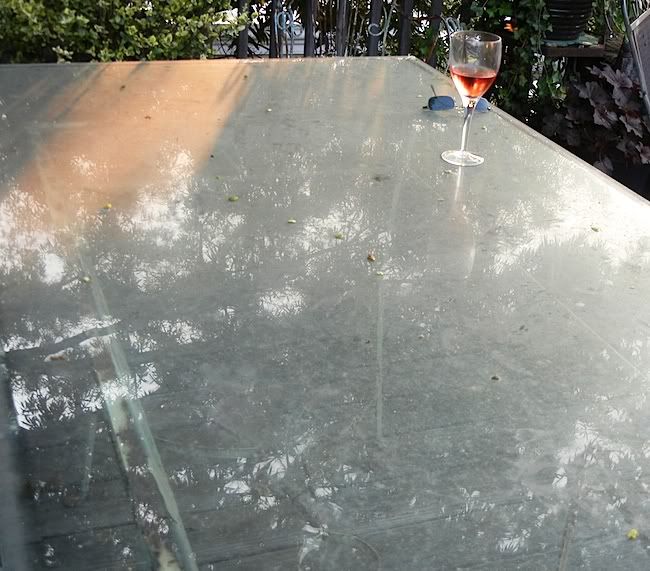
I like to say that everyone is a shaman. To one degree or another, we really are. It's a birthright. We sense the subtle energies and respond, as in the case of everyone rushing to get in line at the supermarket at the same moment in time. It doesn't always correspond to something occurring externally. We follow the flows of energy even when we aren't at all conscious of it.
We dance is alignment with the weather even if we don't want to. Sometimes the phone rings and we know immediately who is calling, or wake up from a nightmare, shaky and sweating, knowing someone we love is in trouble. We say something after which the person we're with says, "I was just thinking about that!" Yeah, we are shamans. Some of us practice more than others.
We humans have many birthrights, some of them remain unclaimed in my society at least. It's sad, it really is.
Another among these talents is the universal power of human beings to bring healing to another person simply by placing hands on the body of the person who is suffering. I always ask my students to think about the first thing they do after whacking an elbow (for instance). Almost always, we cup the injured elbow in the palm of the hand on the uninjured arm. What are we doing?
When a mother lays her cool hand on the feverish forehead of a child, what is she doing? When we sit with a friend who is grieving or depressed, it's instinctual to lay a hand on that person's arm or shoulder. Why? What are we doing?
Those of us who practice healing arts spend time noticing what happens when we touch a suffering person. Sometimes the palms heat up or feel buzzy or as if an electrical current is passing from the palm to the other person. Tracing the current backwards, up through the arms, inevitably leads us to the heart, the center of soul, the kingdom or queendom of compassion and love in humans.
I've tried tracing the electricity beyond the heart but so far have not had success in understanding where that silky, pearl-like, soothing, soft flame of healing energy originates. I may never know - which is OK with me. What's important is to mindfully lay my hands on my clients, whether they're receiving vigorous massage or the most gentle kind of Reiki I'm capable of delivering.
Place a hand, right now, on your own heart. Breathe, relax your jaw, and notice what happens next. Remember this is subtle; it won't be as obvious as, say, crushing a beer can on your forehead. Something subtle and beautiful definitely happens.
Oh the marvelous, universal human power of the hands to heal! I'm in awe of it every day.
Shalom.

